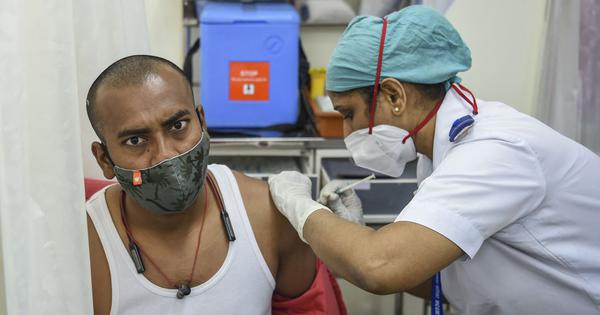
On January 16, India started its vaccination drive against Covid-19, administering preliminary doses to nearly 2,00,000 healthcare workers, and reminding them to come back on February 13 for their second shots. But when that date rolled around, fewer than 8,000 returned – a measly 4% of the total.
By February 15 morning, the proportion had improved, but only just: 24,561 healthcare workers got their second shot out of the 2,24,301 who ought to have received it, or just over 10%.
This is a problem – and not just for India. If people skip their second doses, or even if they delay the doses beyond the recommended time frame, it gives the coronavirus more chances to re-arm itself – to mutate by chance in a way that could lend it high resistance to the vaccines we have. If that mutant, resistant form spreads, a year’s worth of vaccine research could be overwhelmed by a fierce new wave of disease.
Experience from TB
This scenario echoes another that has already transpired…
















